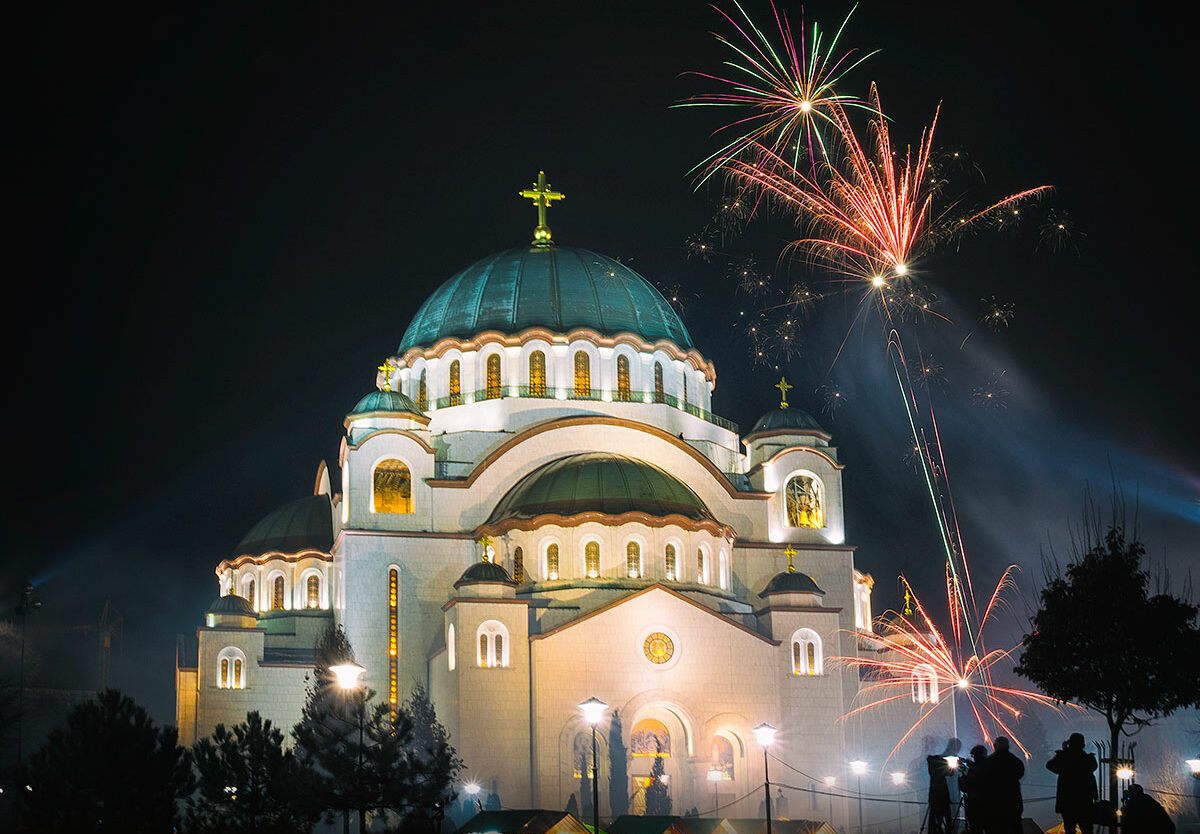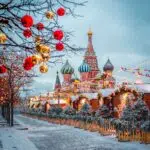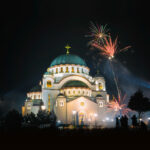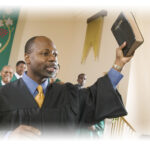Orthodox New Year is annually celebrated on January 14. The Orthodox New Year is widely known as the Old New Year and is marked as January 1 in the Julian calendar, which was used before the Gregorian calendar. It is a popular holiday for those practicing the orthodox faith. During this holiday, the services are usually held with a festive dinner, music, and dancing. It is a traditional holiday where people spend time with their families. It involves serious meditation about personal New Year’s resolutions. Although it is important to Orthodox believers, it is not a public holiday.
History of Orthodox New Year
The Orthodox New Year is an informal holiday celebrated by orthodox churches in Russia, Serbia, and other Eastern European countries, following the Julian calendar. The Julian calendar was initiated by Julius Caesar in 46 B.C. as a way to change the Roman Calendar. This calendar was invented by Greek scholars and, by Caesar’s command, it went into effect in 45 B.C. It was in use for more than 1,600 years before the Gregorian calendar.
On this unique New Year’s Day, restaurants, clubs, cafés, and hotels are usually fully booked and there is live music, fireworks, elaborate meals, and several forms of entertainment. In North Macedonia, in celebration, people gather outside their houses on the eve, in the middle of their neighborhoods. They start a huge bonfire and drink and eat together. Traditional Macedonian music is sung, and for those who stay at home, it is the tradition to eat homemade pita where one has a hidden coin inside. Finding the coin in their portion was said to bring good fortune.
Churches have Orthodox New Year events such as parties or dinners. The individuals who go to these events may pray for the New Year and toast their beverages to a year full of goodness. Some churches host dinners to raise funds for charities or church restorations.
Orthodox New Year timeline
The Gregorian calendar is introduced by Pope Gregory XIII to replace the Julian calendar.
The Russian Soviet Federative Socialist Republic officially adopts the Gregorian calendar.
The Julian calendar is revised to be more in line with the Gregorian calendar.
Playwright Mikhail Roshchin writes a comedy-drama called “The Old New year.”
Mosfilm studios release a television film that features the celebration of Orthodox New Year.
Orthodox New Year FAQs
Which country has the most Orthodox believers?
Eastern Orthodoxy is the predominant religion in Russia, the world’s largest country, where roughly half the world’s Eastern Orthodox Christians live.
What are Orthodox beliefs?
Essentially, the Orthodox Church shares much with the other Christian Churches in the belief that God revealed himself in Jesus Christ, and belief in the incarnation of Christ, his crucifixion, and resurrection. The Orthodox Church holds closely to the doctrines and traditions of the early Church.
Can a Catholic receive communion in an Orthodox church?
Yes, a member of the Russian Orthodox church attending the Divine Liturgy in a Greek Orthodox Church is allowed to receive communion and vice versa.
How to Observe Orthodox New Year
Enjoy dinner with friends and family
This old New Year celebration is a perfect time to gather loved ones to wine and dine in gratitude for the start of another year. Beginning the year this way is bound to make it a good one.
Learn to cook some Eastern European dishes
This is a good day to learn new dishes like Kutya – a porridge made of grain, honey, and poppy seeds, known to symbolize hope, happiness, and success. This will add to your cooking skills, and it’ll be a great way to start the year.
Organize a celebration party
Starting a new year is a lot to be grateful for and deserves to be celebrated. Plan an indoor or outdoor party with friends, family, and neighbors to joyfully usher in the new year.
5 Facts About The Eastern Orthodox Church That Will Interest You
It has many members
It is the second-largest Christian church, with approximately 220 million baptized members.
It is self-governed
It has no central doctrinal or governmental authority but is each governed by its local bishops.
It is ancient
Eastern Orthodox Church is one of the oldest surviving religious institutions in the world.
It has another official name
It officially calls itself the Orthodox Catholic Church, and it is the name issued in its liturgical or canonical texts.
It is historically relevant
The church has played a prominent role in the history and culture of Eastern and Southeastern Europe.
Why Orthodox New Year is Important
It connects us to history
The Orthodox New year is linked to the Julian calendar, which was generally used at some point in the distant past. Thus, the celebration helps us stay in touch with that special historical time.
The day unites people
People all across Western Europe gather together in churches and other venues to collectively celebrate the new year. This does a lot to create deep bonding and unity among members of the community/country.
Opportunity for a fresh start
With the new year starting all over again, we are given the chance to strategize and make better and more practicable plans. This day ultimately helps provide better clarity, insight, and motivation to launch into an amazing year!
Orthodox New Year dates
| Year | Date | Day |
|---|---|---|
| 2026 | January 14 | Wednesday |
| 2027 | January 14 | Thursday |
| 2028 | January 14 | Friday |
| 2029 | January 14 | Sunday |
| 2030 | January 14 | Monday |















